Genesis chapter 9 represents a pivotal moment in biblical history. The world had been reshaped by the flood, and God established a new covenant with Noah and his descendants. Let’s explore this chapter verse by verse and understand the profound implications of God’s promises. Verse 1 of Genesis 9 begins with God blessing Noah and his sons, commanding them to be fruitful, multiply, and fill the earth. This directive was not just a call to populate the planet but to foster human flourishing and stewardship of all living creatures. In verses 2-3, God places a fear and dread of humans upon all animals, symbolizing the dominion humans have over creation. He also grants permission to use animals for food, expanding the dietary permissions given in Eden. Verses 4-6 focus on the sanctity of life, emphasizing that blood is life and should not be consumed.
God establishes the principle of accountability for taking a life, whether by animal or human, underscoring the inherent value of human life made in God’s image. God’s covenant with Noah, outlined in verses 8-17, is a promise to never again destroy all flesh with a flood. The rainbow serves as a sign of this everlasting covenant, reminding humanity of God’s mercy and the hope for restoration. Pastor Keith draws a parallel between childhood ‘do-over’ games and God’s act of giving humanity a second chance through Noah. Despite sin and chaos, God’s commitment to restoration remains unwavering. Sin deeply corrupts but God’s heart is set on redemption. Even though humanity often descends into chaos, God’s promise is to continually restore and redeem.
This theme of restoration runs throughout the Bible, showcasing His unwavering love and commitment. Being fruitful and multiplying goes beyond procreation. It’s about partnering with God to bring human flourishing everywhere. Followers of Jesus are called to bring order, help, and hope to the world, acting as agents of God’s restoration. Living fully as image bearers of God means carrying the responsibility to bring life and flourishing in all areas of life – home, relationships, jobs, and community. Christians are called to positively impact all these spheres through their daily actions. Addressing issues like racism and justice from a biblical perspective invites Christians to seek reconciliation and restoration. True justice transcends political arenas and focuses on honoring every individual as made in God’s image. God’s covenant in Genesis 9 extends to all creation.
Creation itself declares God’s glory, and humans are called to steward it responsibly. Caring for the environment is not just for our benefit but as part of our worship and reverence for the Creator. Practical steps to live out God’s covenant include community engagement, supporting those in need, promoting justice and reconciliation, and caring for the environment. This practical living out of faith showcases God’s redemptive work to the world. Genesis 9 and Pastor Keith’s message remind us that we are called to be agents of God’s restoration. Whether through personal relationships, community actions, or environmental stewardship, we carry forward the covenant of life, hope, and healing. Let’s embrace our role as image bearers and actively participate in God’s redemptive plan for the world.


